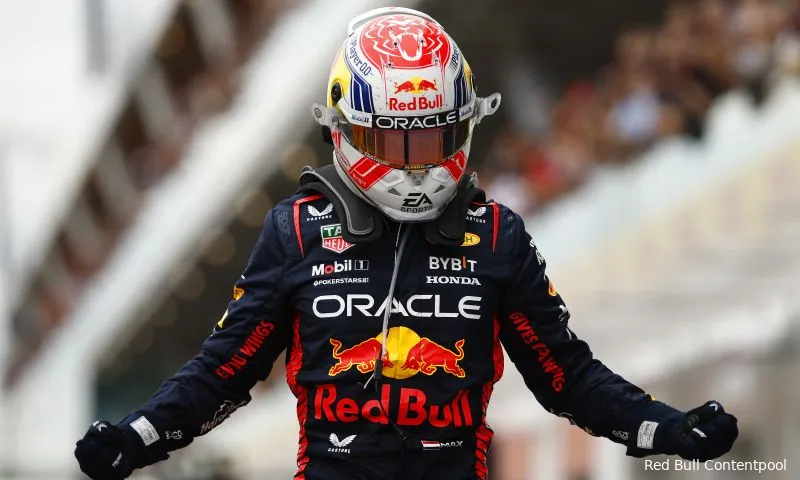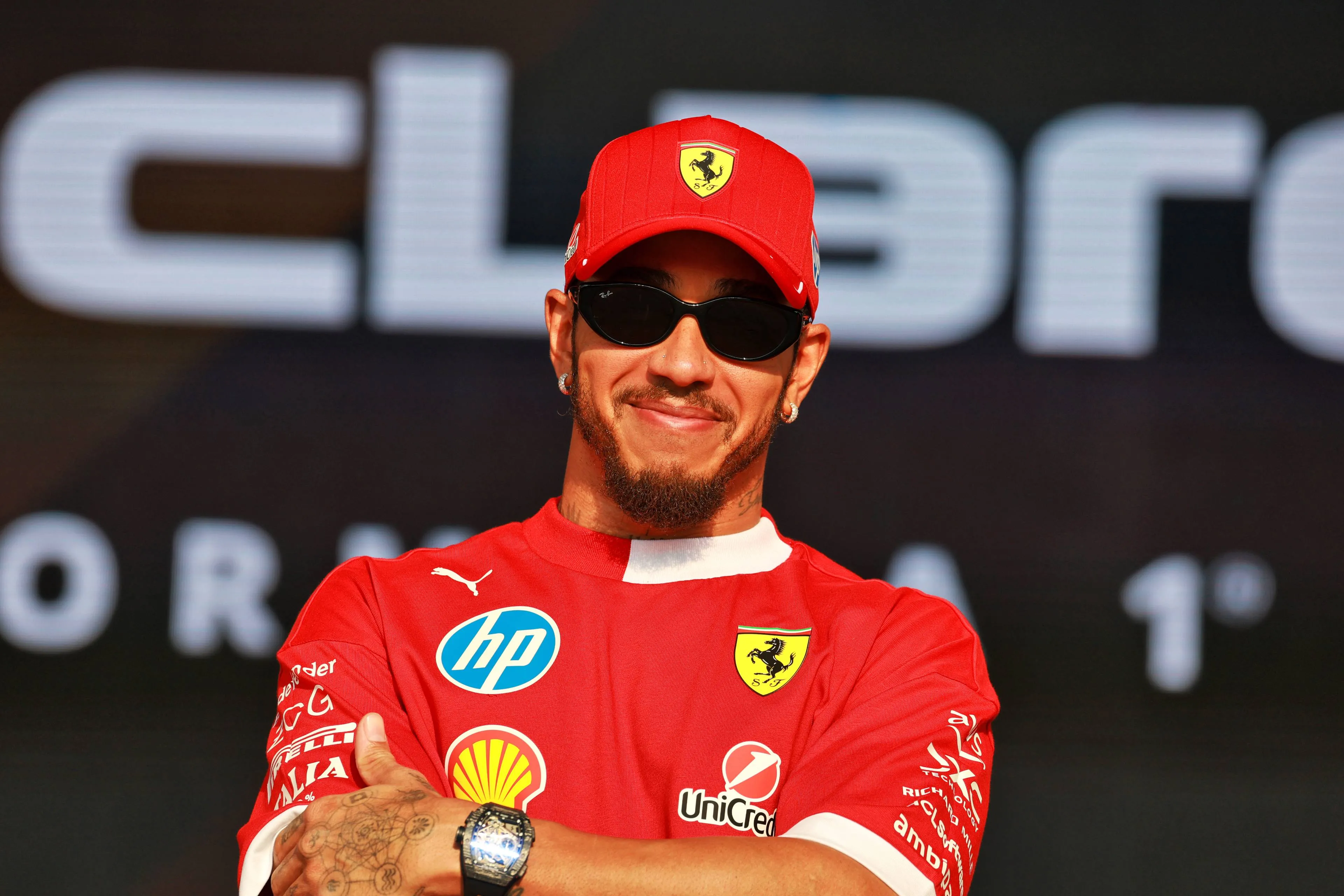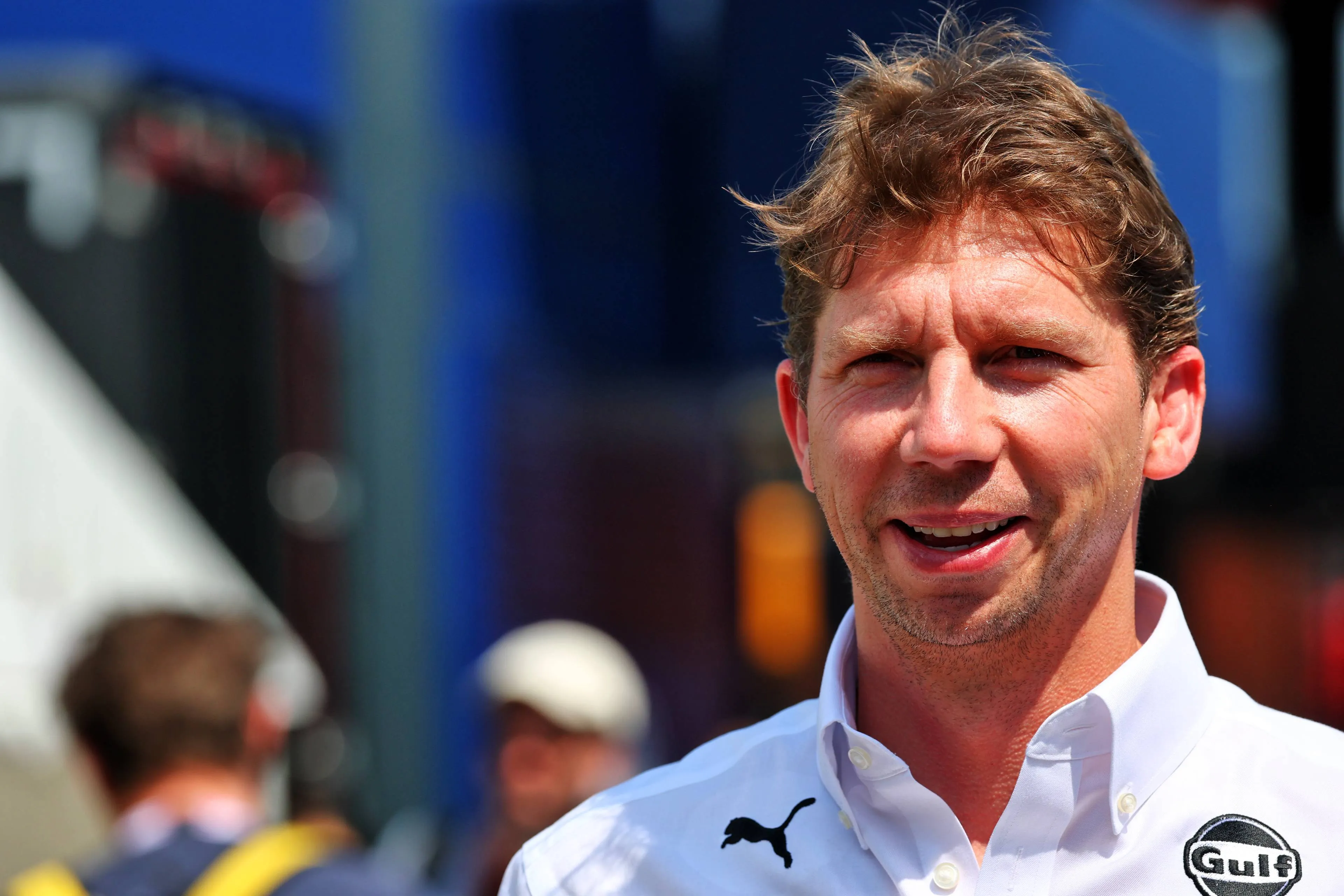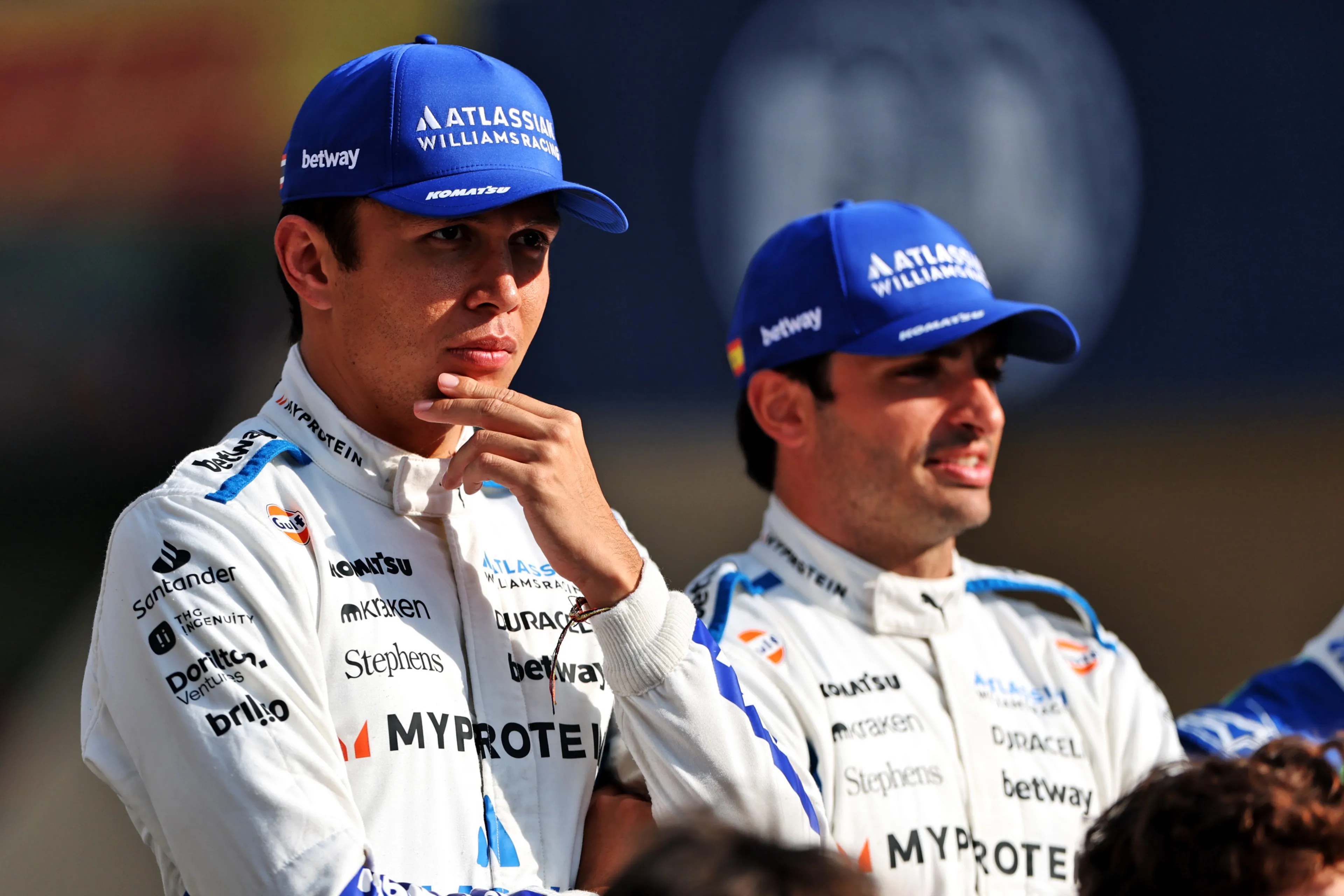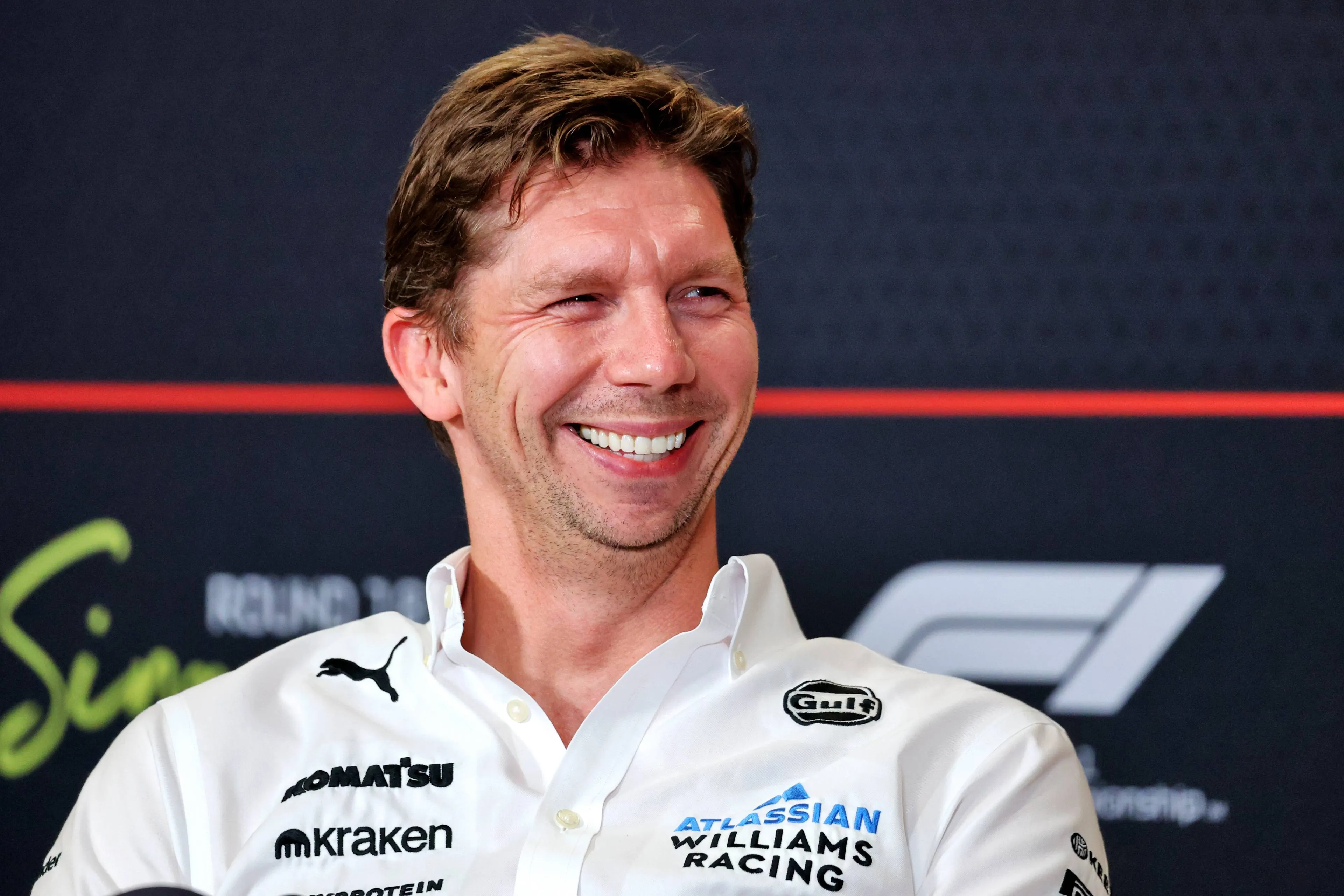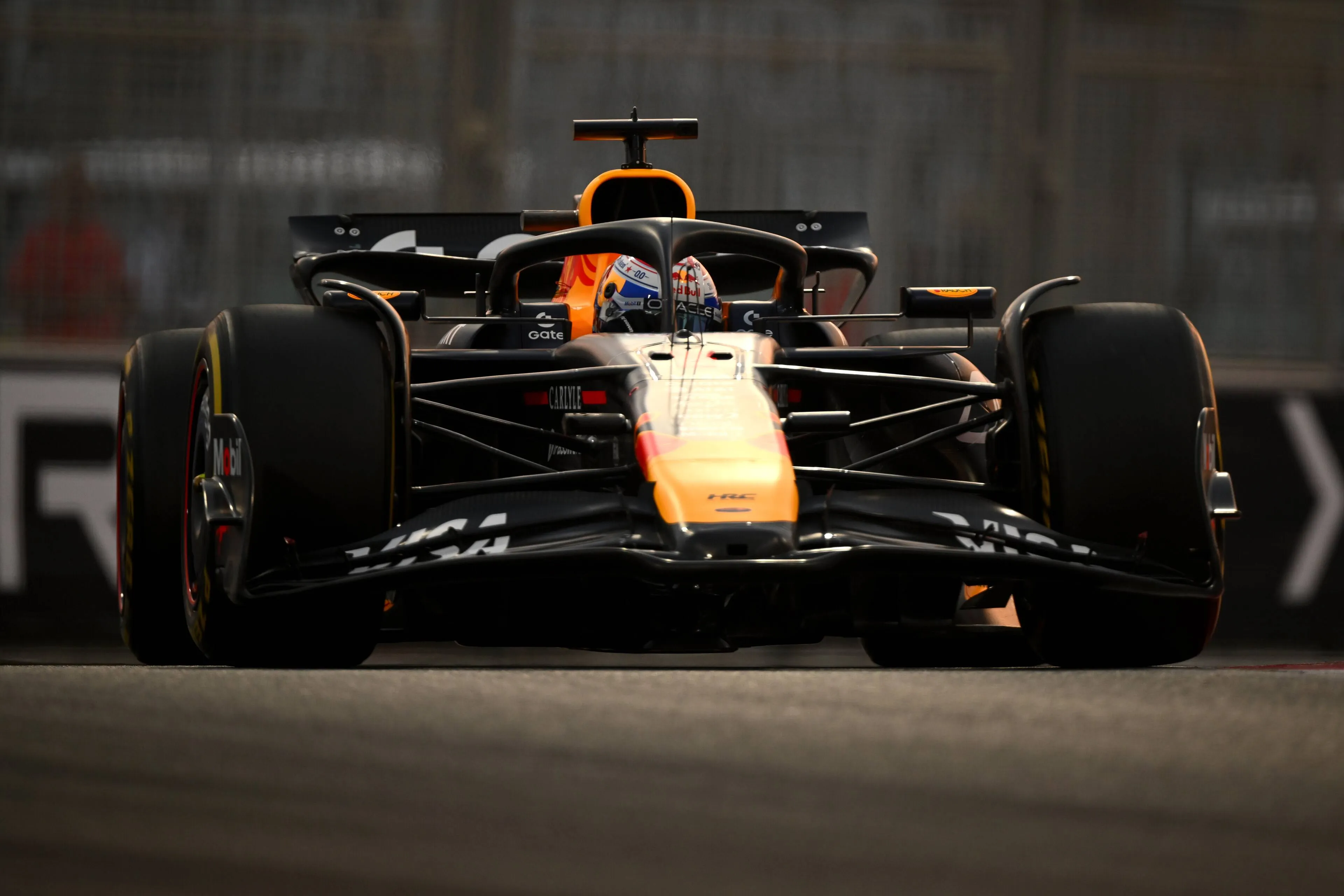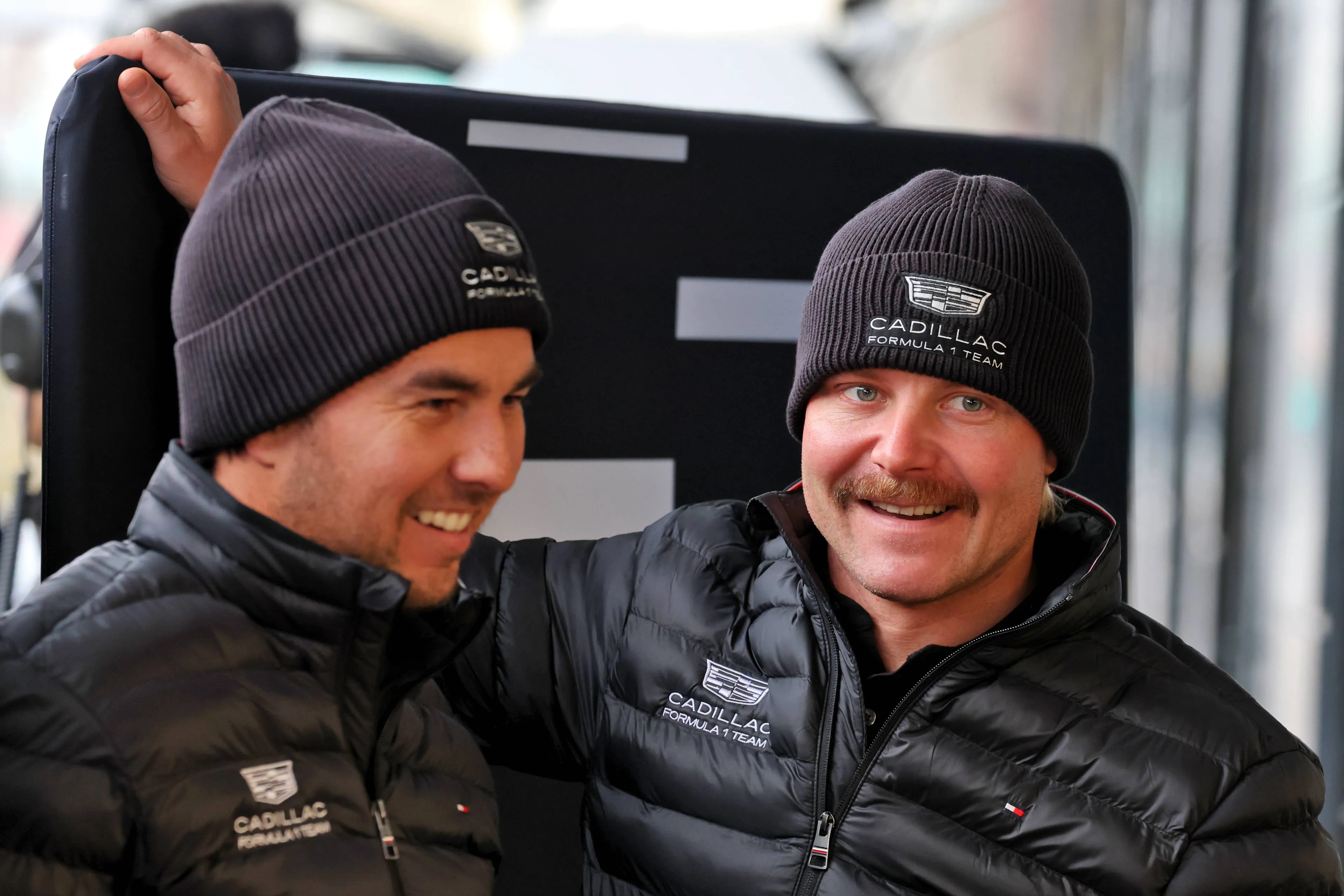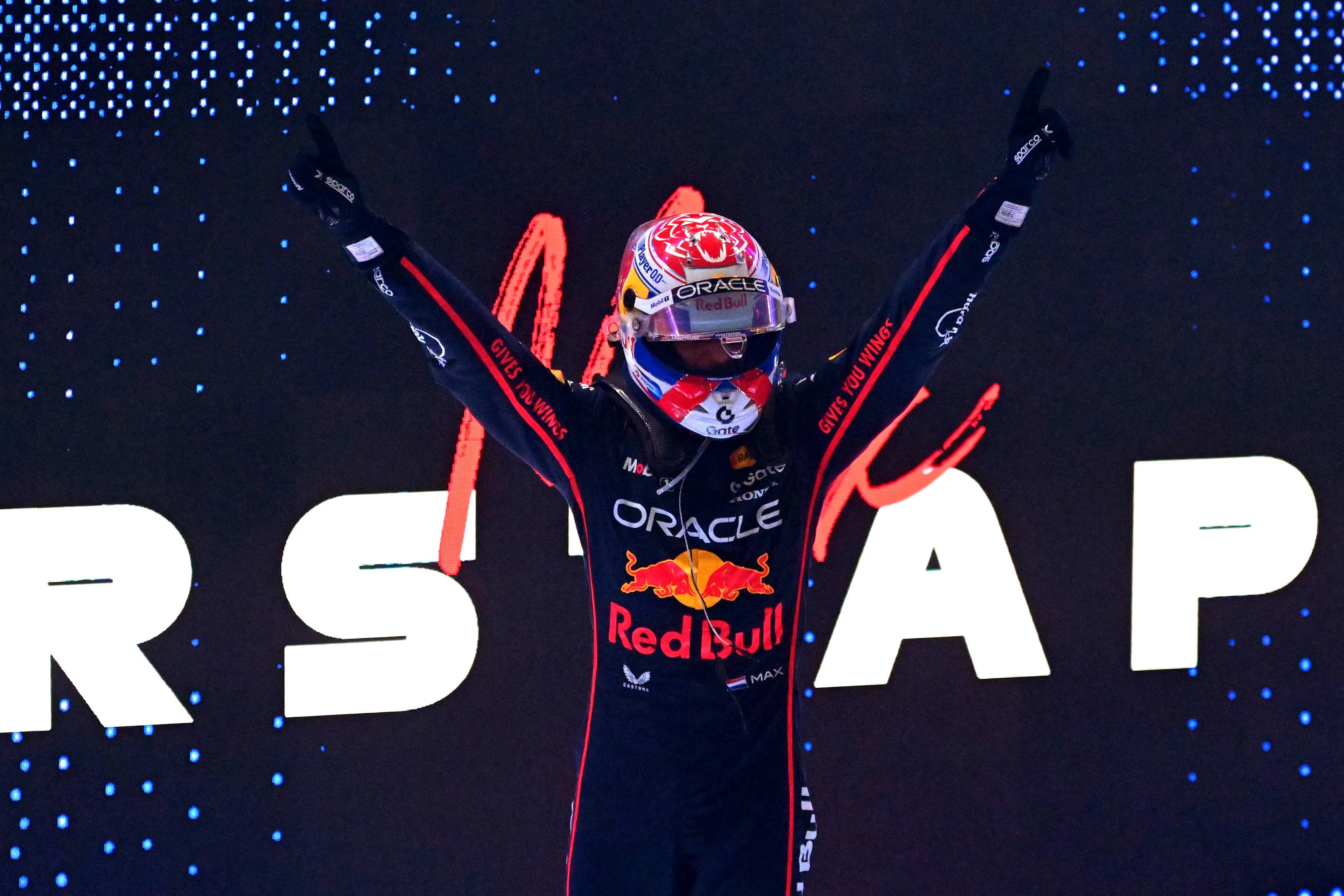Guillaume Rocquelin is Head of Driver Academy at Red Bull, making him the man to guide the talents to F1. Rocky has a mountain of experience and knows through drivers such as Max Verstappen and Sebastian Vettel what a driver needs to become successful.
Verstappen and Vettel as role models
The Red Bull Junior Team is designed to give talents the chance to work their way up towards Formula 1. In an extensive interview with GPblog, Vettel's former race engineer already explained how talents are mentored at Red Bull. Still, there are some facets a driver really needs to have to be successful in the pinnacle of motorsport.
"As part of my previous role as a race engineer, I've worked with several drivers that have gone through the junior system. Whether it's from Max Verstappen most recently, to Sebastian Vettel at the start and the others, you get a feeling of what characteristics are required to make it (in Formula 1)," Rocquelin said in conversation with GPblog.
Whereas many will point to a driver's sheer talent to drive fast, Rocquelin says he actually looks at very different things. "The transition between the junior categories and Formula 1 is talent itself and by the time they're in the program, they all have it. So, the difference between being a talented driver, that wins races, and a driver that's going to get and race in Formula 1, is very much attitude, make-up and organisation and these are the qualities that we are looking at.”
"I can tell from the pool of drivers we had in F1, those that struggled and the ones who made it, the difference was in terms of their approach of dealing with the environment," says Rocky. By that environment, Rocquelin mainly refers to outside pressure. People around the driver, fans and media that create extra pressure in all kinds of ways. How you deal with that largely determines your success.
Pressure on the shoulders of an F1 driver
"That's really a big part of what I'm trying to do, is presenting to them the environment of F1 and how to deal with it." As an example, Rocky cites a former driver who came through in Formula 1 but soon realised what was really the difference between F1 and all the other classes.
"I always remember one of my drivers said: 'You know what, the difficulty is not driving an F1 car fast, because a car is a car, and if you know how to do it, it's okay. An F1 car is more powerful, it's more adaptable, but that's not the issue. The real issue is realising that everything you say is going to be relayed to like a thousand people back in the factory."
Whereas drivers in junior categories often deal with one engineer, in F1 alone they work with 20 engineers on the track. In addition, hundreds more are on standby at the factory to collect all the data and information. "You get pressured on this, you get the media asking you questions, and if you make a mistake, it's always amplified."
All these peripheral issues besides racing mean that fast drivers don't always breakthrough. Only if you are as stoic as Verstappen or as analytical as Vettel can you be able to put it all aside. "These are the things that are really difficult to deal with. So then you're looking at qualities like organisation, mental softness, being able to disconnect from the driving and other things. These are the real qualities that you look for."
While Rocky guides the talents once in the Red Bull Junior team, it is Helmut Marko who scours the world for young talent. Speaking to GPblog, the Austrian explained how he proceeds and what he looks for in talents. You can read that story here!
Read more about:
Rumors
Popular on GPBlog
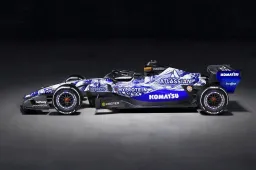
1
Williams end suspense with FW48 reveal: follow the launch event here
2932 times read
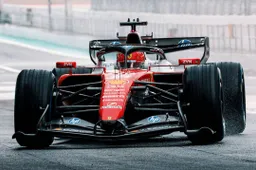
2
Confirmed: Ferrari poaches top engineer from within Red Bull family
2834 times read
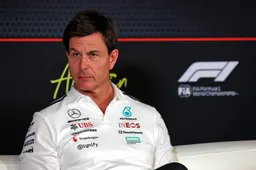
3
Wolff holds fire on W17 potential until Verstappen lays cards on the table
1125 times read
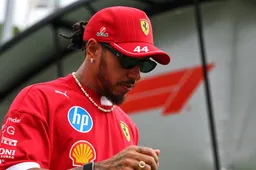
4
'Hamilton splits with long-time manager once more ahead of 2026 season'
802 times read
Loading
